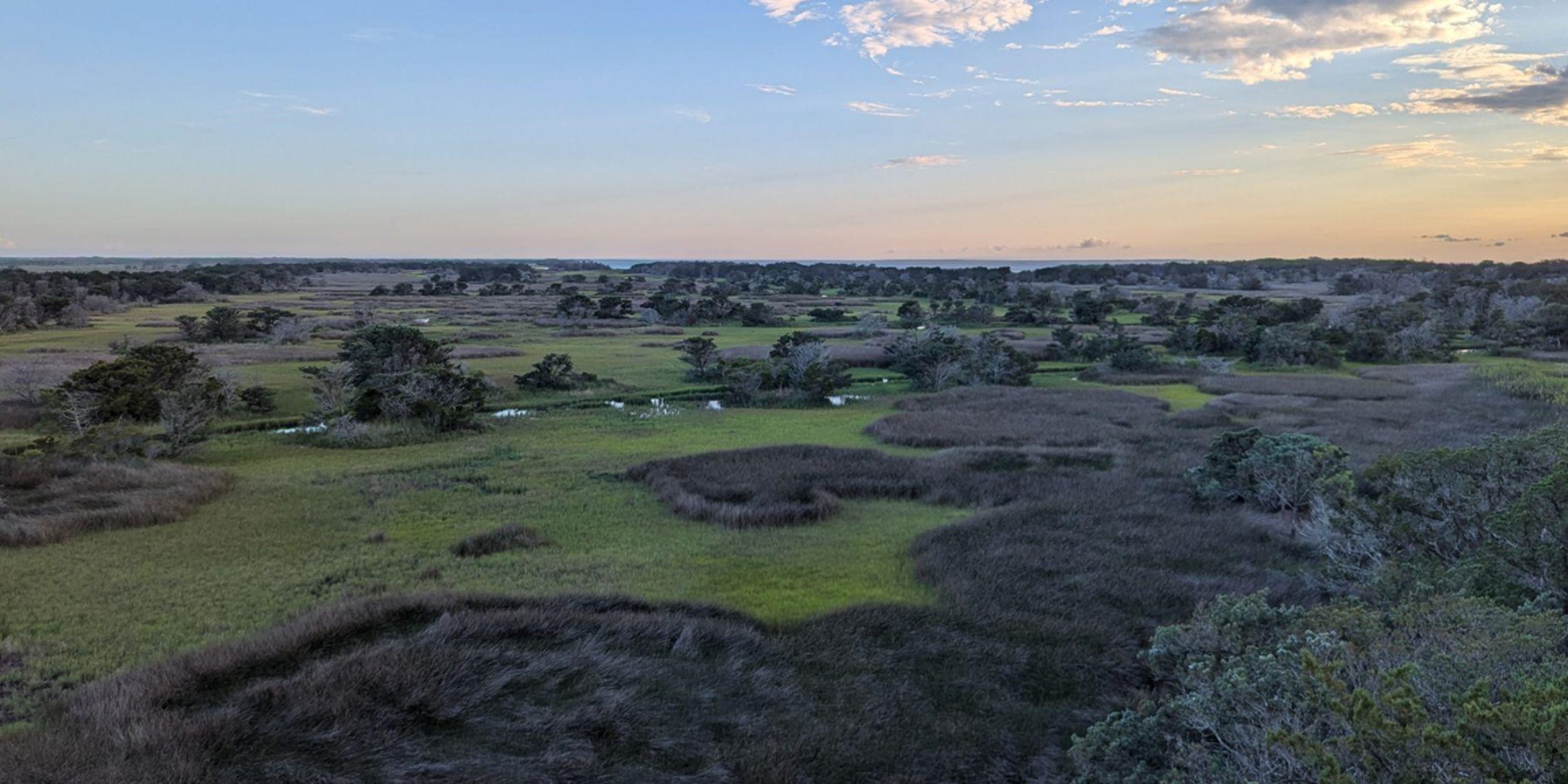Adapting to climate change requires cities to leverage their efforts to meet multiple objectives and do so through an equity lens that counteracts existing patterns of vulnerability. This webinar episode will feature three projects that consider co-benefits of NbS.
The first project, led by CAP’s Mid Atlantic team, addresses questions related to equitable multi-objective adaptation planning across scales. During the webinar you’ll learn about MARISA’s equity-oriented, multi-objective planning tool to support participatory adaptation scenario analysis through their case study in Baltimore.
The second segment will feature CAP’s Southwest team, Climate Assessment for the Southwest (CLIMAS), who discuss integrating public health and NbS. Their presentation will provide an overview of how health can serve as a motivator for adopting nature-based solutions.
The final presentation will be a small grant-funded project by CAP’s Great Lakes team, Great Lakes Integrated Sciences and Assessments (GLISA). Chicago’s Southeast Side faces some of the City’s worst economic and health conditions. Massive storms have caused extreme flooding in the Southeast Side and combined sewer overflows in the nearby Calumet River. GLISA and the Alliance for the Great Lakes teamed up to support the work of the Calumet Connect partners on the Southeast Side of Chicago. Calumet Connect partners are working with the Chicago Department of Planning and Development (CDPD) and the Chicago Public Health Department (CPHD) on two policy initiatives: the Calumet River industrial corridor modernization plan and a city-wide stormwater management strategy and maintenance program.
Date/Time: Tuesday, December 17, 2024 3-4 pm ET
Projects
- (CAP / MARISA) Equity-informed, Multi-Objective Analysis and Planning for Green Infrastructure
- (CAP/ CLIMAS) Health: Motivation for Nature-Based Solutions?
- (CAP / GLISA) Calumet Connect: Modernizing the Calumet River Industrial Corridor
Speakers

Morton K. Blaustein Chair and Professor, Department of Earth and Planetary Sciences, Johns Hopkins University (MARISA)


Interim Chair and Associate Professor, Civil Engineering, Morgan State University (MARISA)


Professor and Program Director, College of Public Health, Epidemiology and Biostatistics Division Faculty, Entomology and Insect Science, Graduate Interdisciplinary Program, University of Arizona (CLIMAS)


Climatologist, University of Michigan (GLISA)


